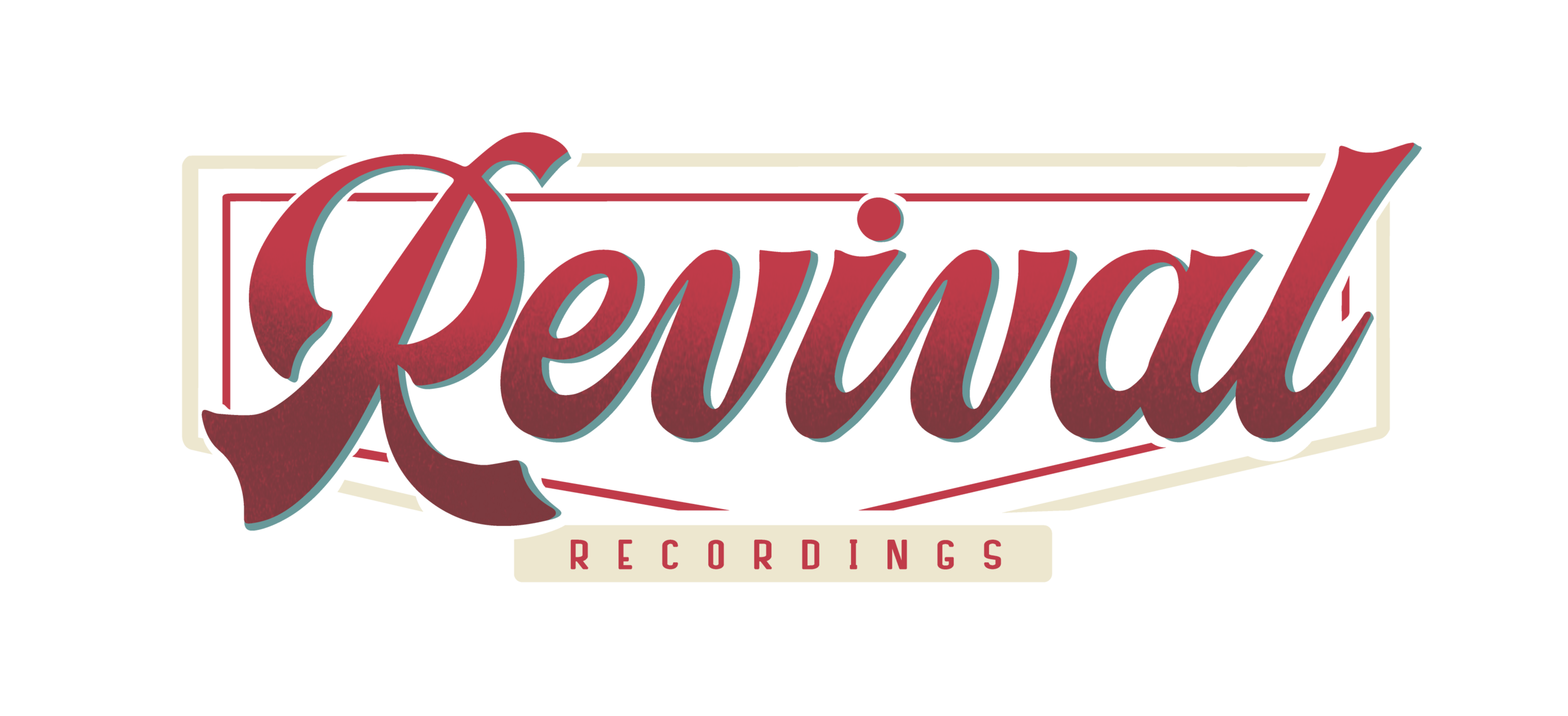The Voice Of a Revolution part 1
Music has a unique power over people. Lyrics and rhythms effortlessly influence masses and serve as the voice of our deepest sorrows and most joyful celebrations. When you hear music, you hear a message. Throughout history, music has been a major catalyst of change and has brought unity to those who choose to stand against injustice.
It is a widely known adage that we must learn from history if we want to avoid repeating the same mistakes. The relationship between music and social movements is powerful and spans decades.
The Black Lives Matter movement was born in 2013 as a hashtag used in response to the murder of a Black teenager, Trayvon Martin. Seven years later, we are still protesting for the innocent lives taken by police brutality.
In 1963, an estimated 300,000 Americans flooded Washington, D.C. in the March on Washington for Jobs and Freedom. On this day, Martin Luther King Jr. stood in front of our nation and declared he had a dream. Fifty-seven years later, and we are still quoting his historic speech.
In the 1960s music was changing. Labels like Motown and Atlantic dominated charts and Soul Music brought Black voices to the forefront of American pop culture. The success of acts like The Supremes, The Temptations, and Marvin Gaye introduced the rich influences of African American Gospel and rhythm and blues. These same elements also shaped the "civil rights anthems" known as freedom songs.
Activists from across the country traveled to Highlander Folk School in Tennessee to be educated in nonviolent philosophy and learn freedom songs. Jamila Jones, a professional singer who came to the Highlander Folk School for training, recalls one incident when the school was raided by police. The police had shut off all the lights in the building and Jones began to sing out into the darkness. She sang, “We Shall Overcome” and introduced the additional lyrics, “We are not afraid.” In Jones’ interview, she elaborates,
“And we got louder and louder with singing that verse, until one of the policemen came and he said to me, ‘If you have to sing,’ and he was actually shaking, ‘do you have to sing so loud?’ And I could not believe it. Here these people had all the guns, the billy clubs, the power, we thought. And he was asking me, with a shake, if I would not sing so loud. And it was that time that I really understood the power of our music.”
To quote “We Shall Overcome,”
“I do believe
We shall overcome, some day
We shall live in peace...”
Music has continually given strength to activists, leaders, and those who choose not to sit idly in the presence of inequity and abuse. It has served as an extremely viable method of communicating when words alone are not loud enough. Like Jamilla Jones, sing out into the darkness so loudly that injustice is shaken by your relentless determination to be heard.
Sources:
Music In The Civil Rights Movement
